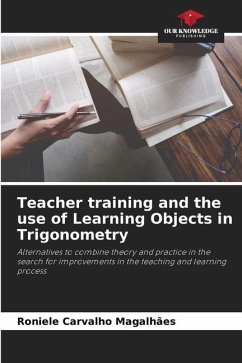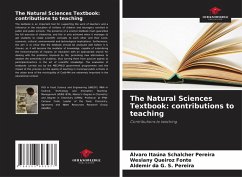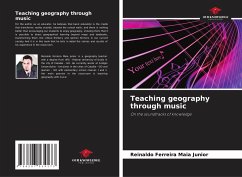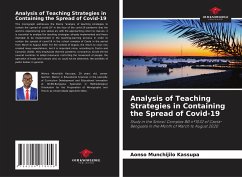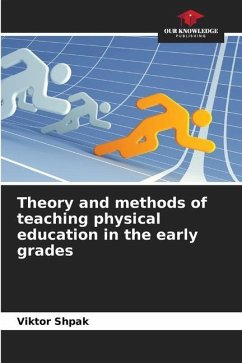
Experimentation in chemistry teaching
Experimentation as an alternative for contextualization and interdisciplinarity
Versandkostenfrei!
Versandfertig in 6-10 Tagen
24,99 €
inkl. MwSt.

PAYBACK Punkte
12 °P sammeln!
Chemistry is an essentially experimental science, so teaching the subject without experimentation is not coherent. Experimental classes are a very effective tool for teaching chemistry, as they facilitate learning. Through experimentation, it is possible to provide contextualized and interdisciplinary chemistry teaching, enabling students to construct meaningful learning and a deeper and more useful understanding of chemical concepts. In this context, this work aims to discuss the main concepts related to the theme of experimentation in chemistry teaching, in order to support the proposal of e...
Chemistry is an essentially experimental science, so teaching the subject without experimentation is not coherent. Experimental classes are a very effective tool for teaching chemistry, as they facilitate learning. Through experimentation, it is possible to provide contextualized and interdisciplinary chemistry teaching, enabling students to construct meaningful learning and a deeper and more useful understanding of chemical concepts. In this context, this work aims to discuss the main concepts related to the theme of experimentation in chemistry teaching, in order to support the proposal of experimentation as an alternative for a contextualized and interdisciplinary approach to chemical knowledge. Through this work, we also elucidate the approach to chemistry in the classroom, the integration between theory and practice in chemistry classes, the factors that limit school chemistry experimentation, and alternatives to overcome the deficiency of experimental chemistry classes.






